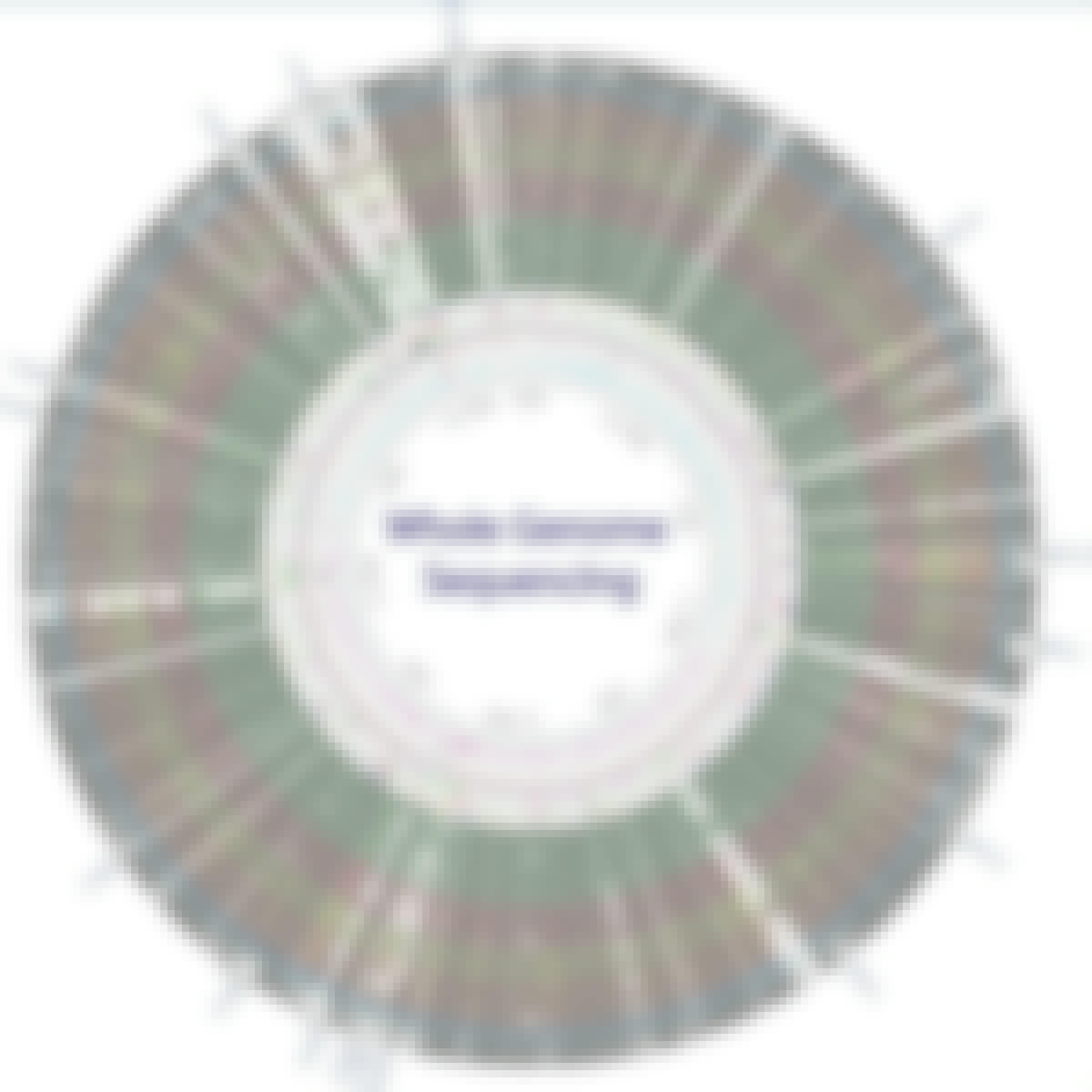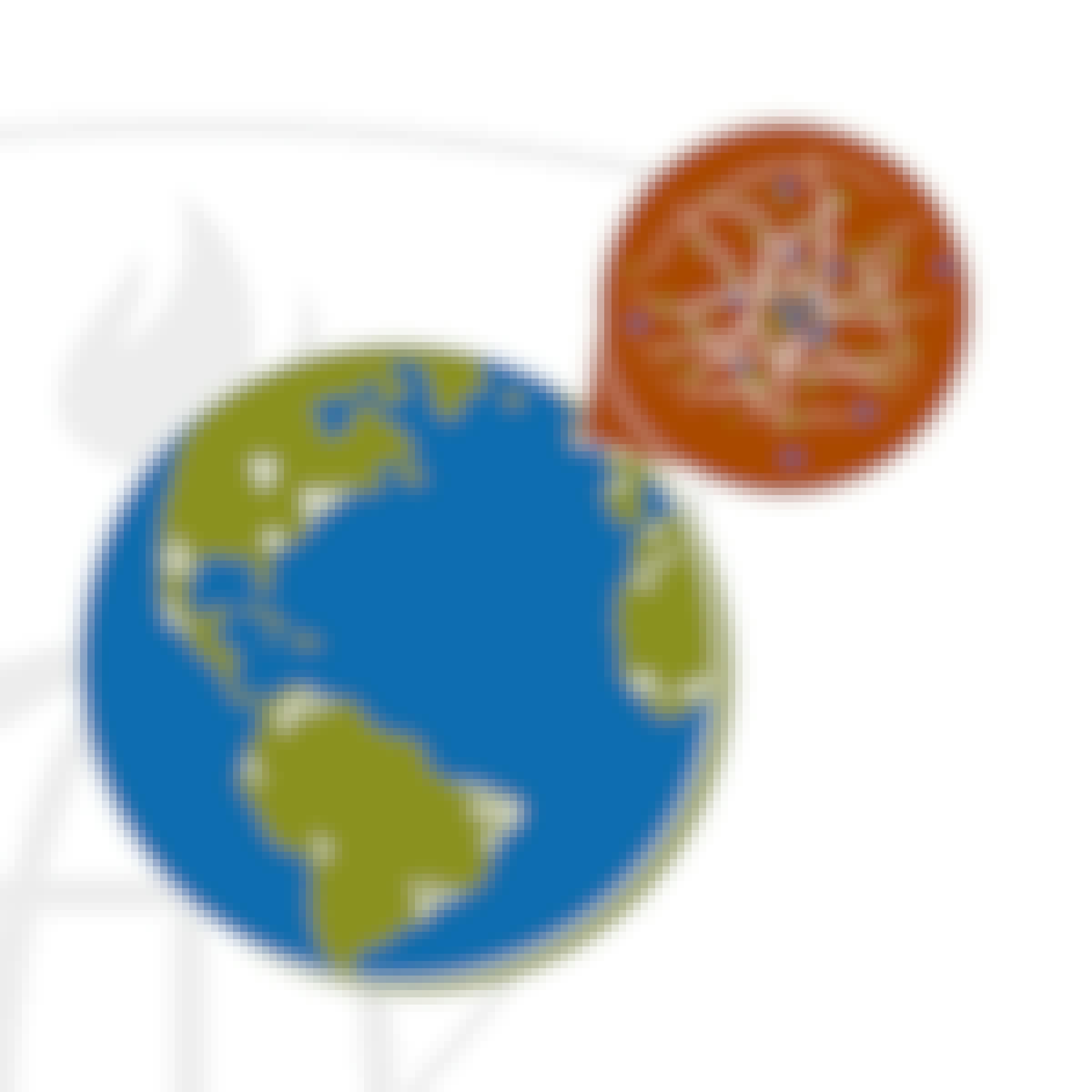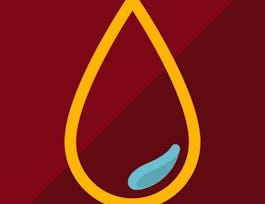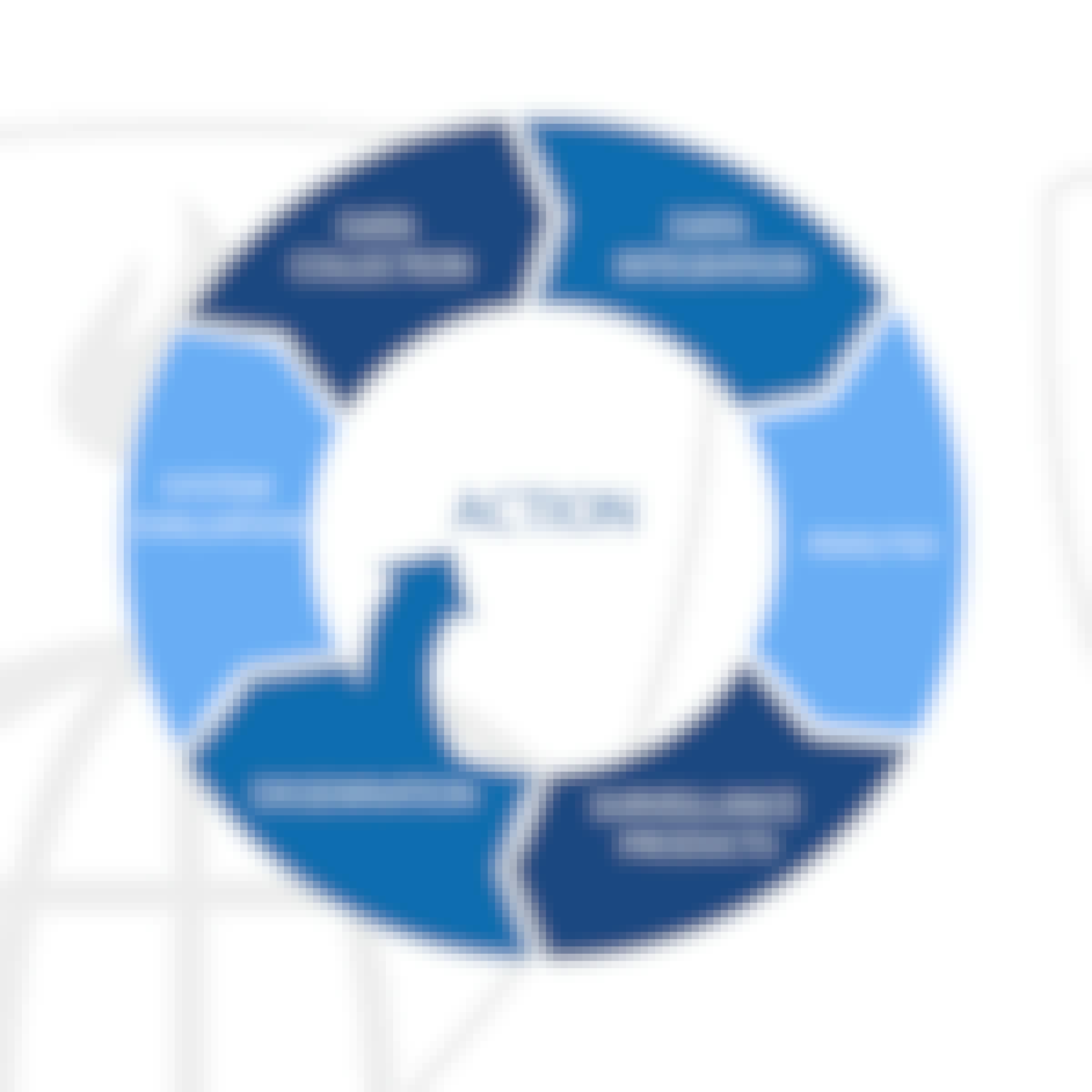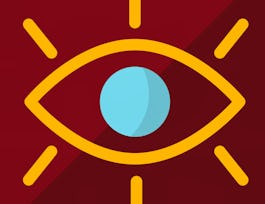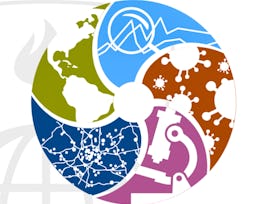Research
Earn Your Degree
Most Popular Courses
Top Rated Courses
More Research Courses
Most Popular Certificates
Frequently Asked Questions about Research
In contrast to the relatively well-established career path of doctors, careers in health research can take many different pathways. Because this field is multidisciplinary, health researchers may come from many different types of backgrounds, including life sciences like chemistry and biology, social sciences such as sociology and medical anthropology, and, increasingly, computer sciences such as data science and statistical analysis.
Regardless of your academic background, however, health researchers generally end up working for research organizations within academic institutions: think tanks, governmental agencies and policy groups, or intergovernmental bodies like the World Health Organization. Within these organizations, researchers work collaboratively, often on interdisciplinary teams, to answer pressing questions surrounding public health.
If it isn’t determined directly by government or intergovernmental decision-making entities, research direction is often set according to direction from philanthropies and other donor organizations that provide grant funding, making grant writing an important task of many health researchers.
Health research careers are thus a chance to work alongside brilliant colleagues on important health problems on every scale, from local to global.
Yes, online courses are a great option for learning about health research, particularly if you’re already working a full-time job. Online courses usually have lower tuition costs than on-campus versions of the same course, which makes it a budget-friendly choice as well. Regardless of whether you’re already an aspiring public health professional looking to add new investigative tools to your skillset or a data scientist hoping to apply your talents to a new field, online courses are available to meet your needs and goals.
On Coursera, the world’s leading online learning platform, there are a number of courses from top-quality educational institutions that can help advance your health research career. Popular courses in this area include medical neuroscience, clinical research, drug discovery, and genomics. You can even learn about health research within a Masters in Public Health programs from Imperial College London or the University of Michigan.
Modern medicine has helped people live longer, healthier, and happier lives, but too often we take it for granted. How do doctors, nurses, and other healthcare professionals know how to diagnose and treat diseases, and prescribe preventive steps to avoid health problems? And how do public health advocates know what kinds of policies are needed to help people live healthy and productive lives?
Health research experts devote their careers to producing this knowledge, which, like the study of health more generally, is inherently collaborative and multidisciplinary. Medical research includes experimental research to discover and develop new treatments, as well as clinical research to test them for efficacy and safety. Epidemiological research is also needed to study the causes and patterns underlying the spread of disease. Data science and analysis also plays a critical role in generating insights from the rapidly increasing amounts of medical as well as epidemiological data available to researchers today.
The growing role of data in health research, along with other advances in technology and computing, points to an important truth: despite the incredible progress that has been made in improving health outcomes over the past century, we still face many public health challenges. However, we also have powerful new tools to produce the breakthrough discoveries needed to address them - and a new generation of health researchers across all disciplines dedicated to making these possibilities a reality.
Anyone, regardless of skill level or experience, can learn about health research. But it helps to have a background and interest in this field of study so you can understand the results and are capable of accurately interpreting the data. Beginner courses are a great place to start if you are new to the field and want to start exploring medical research.
Health care workers and especially those with a background in clinical research are best suited for roles in health research. People with an understanding of fieldwork and clinical research and who have a background in chemistry, biology, public health, or anthropology are great candidates for roles in health research. Health research is about innovative thinking that can benefit a society today and for years to come. It requires a person to be meticulous, forward-thinking, and dedicated to the task at hand. People best suited for roles in research should also desire to read and interpret the research of other professionals in their field.
People in research can pursue a career path for research organizations including universities, governmental bodies, and health policy organizations. Health researchers not only work in laboratories but also write and manage government grants for teams of researchers. For those with a background in computer science, medical researchers may also work solely on analyzing data and presenting findings to management teams.
An important topic to study in medical research is the interpretation of data obtained during clinical trials. These topics explore how to read, organize, and share the data. They also explain various types of trial design. If you are interested in public health as it relates to health research, topics like epidemiology in public health on the local and national level may be of interest to you. You can also explore specific medical research topics, including neuroscience, drug development, and precision medicine. Topics surrounding mindfulness and how it relates to health care can help learners understand how pain management, stress, and sleep issues can be alleviated. If you’re interested in how to think about data, topics that explain how to perform systematic reviews will help you learn how to describe the process used to collect data and how to interpret the end results.
Online Research courses offer a convenient and flexible way to enhance your knowledge or learn new Research skills. Choose from a wide range of Research courses offered by top universities and industry leaders tailored to various skill levels.
When looking to enhance your workforce's skills in Research, it's crucial to select a course that aligns with their current abilities and learning objectives. Our Skills Dashboard is an invaluable tool for identifying skill gaps and choosing the most appropriate course for effective upskilling. For a comprehensive understanding of how our courses can benefit your employees, explore the enterprise solutions we offer. Discover more about our tailored programs at Coursera for Business here.






















